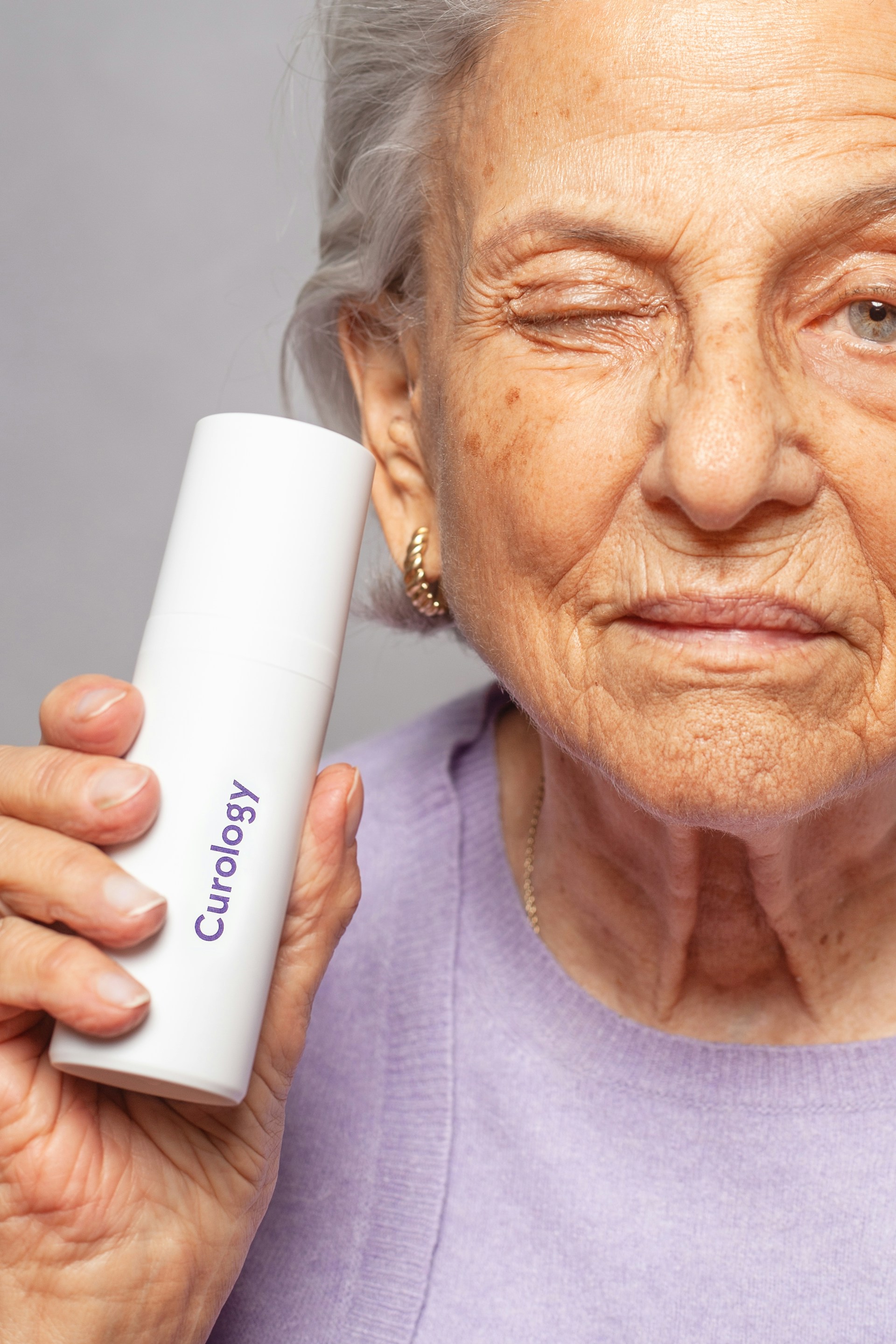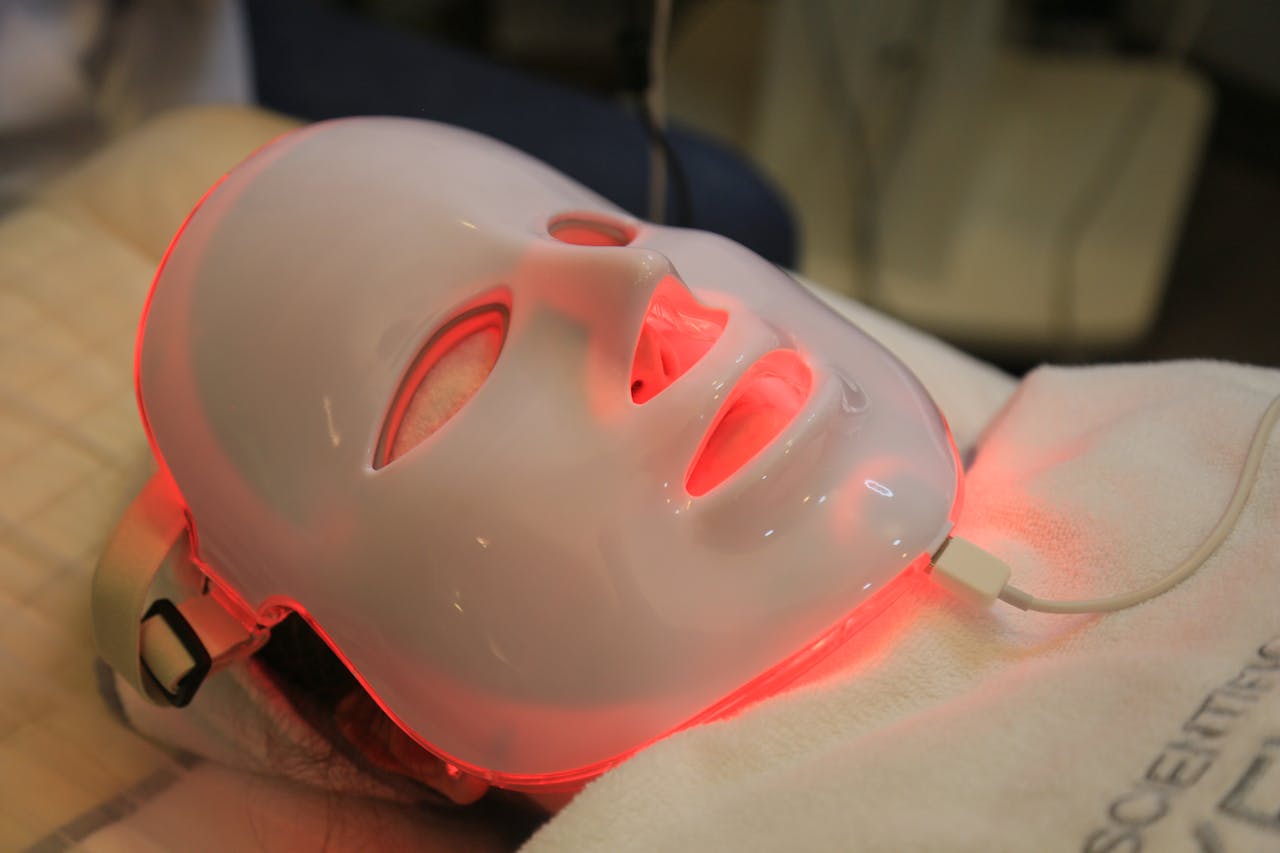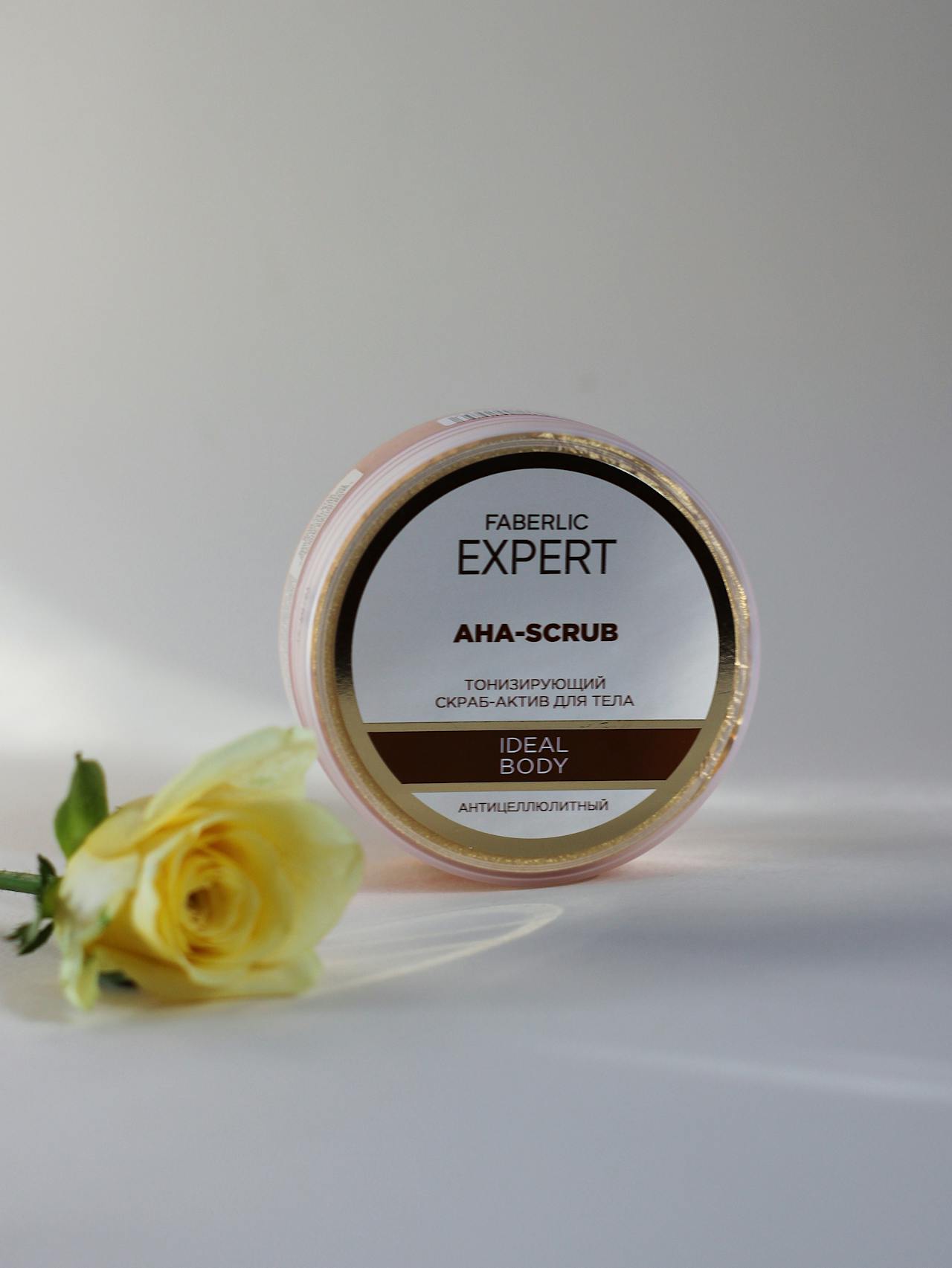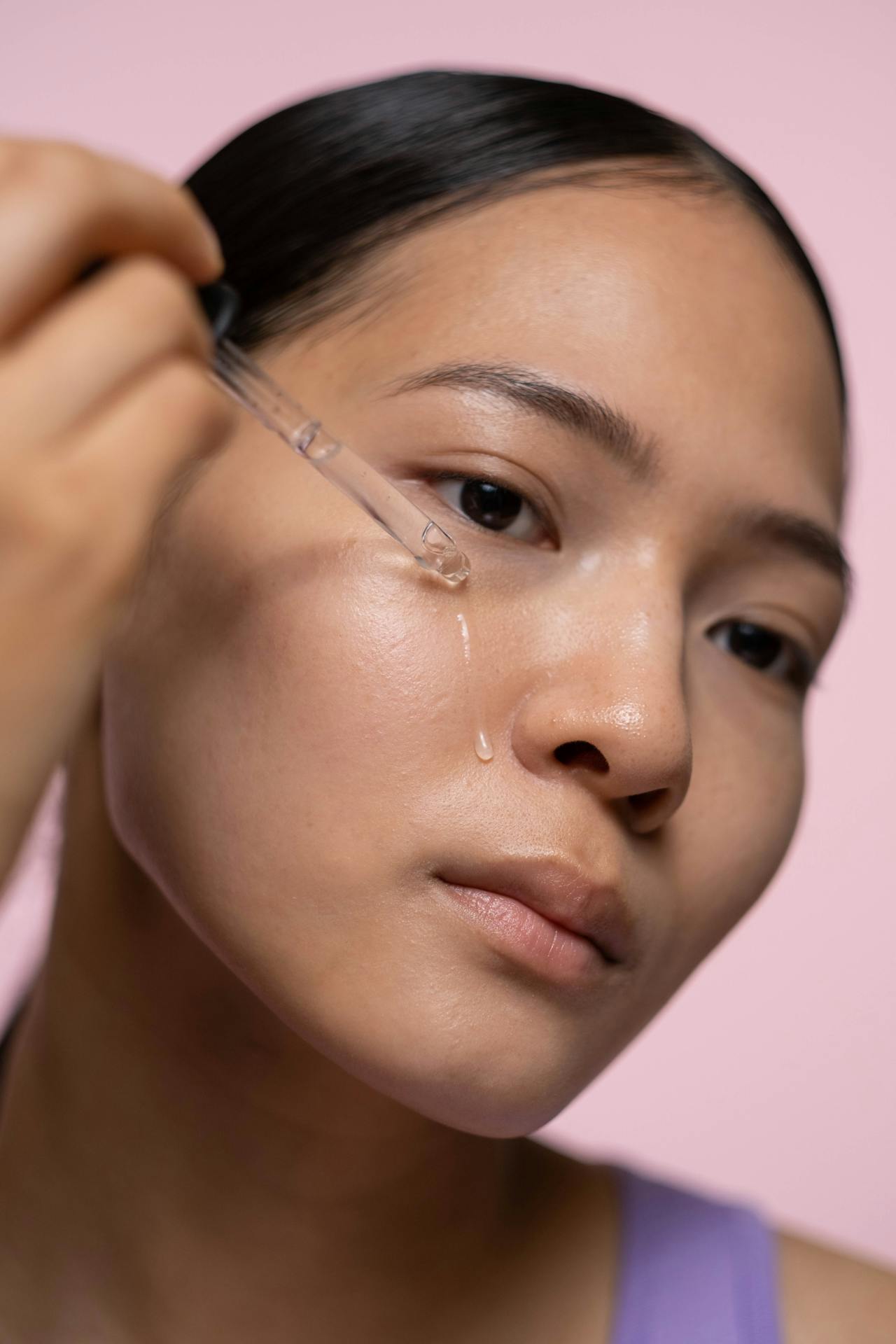10 Anti-Aging Products That Are Totally Useless And 10 That Actually Work
Don't Waste Your Money
If you're reading this you're probably all too familiar with how confusing the skincare world can be. A simple Google search will send you down a rabbit hole of misinformation, conflicting claims, and an overwhelming amount of beauty products asserting to be the magic solution. You'll surely end your search with more questions than answers. That's why we've done the research for you: here are 10 anti-aging products not worth the hype and 10 that are scientifically proven to work.

1. Topical Collagen
Our skin ages because our bodies produce less collagen. Although adding collagen to the skin to combat aging makes logical sense, the molecular weight of this protein is too large to penetrate the top layer of the skin so creams and serums containing collagen aren't going to do much.
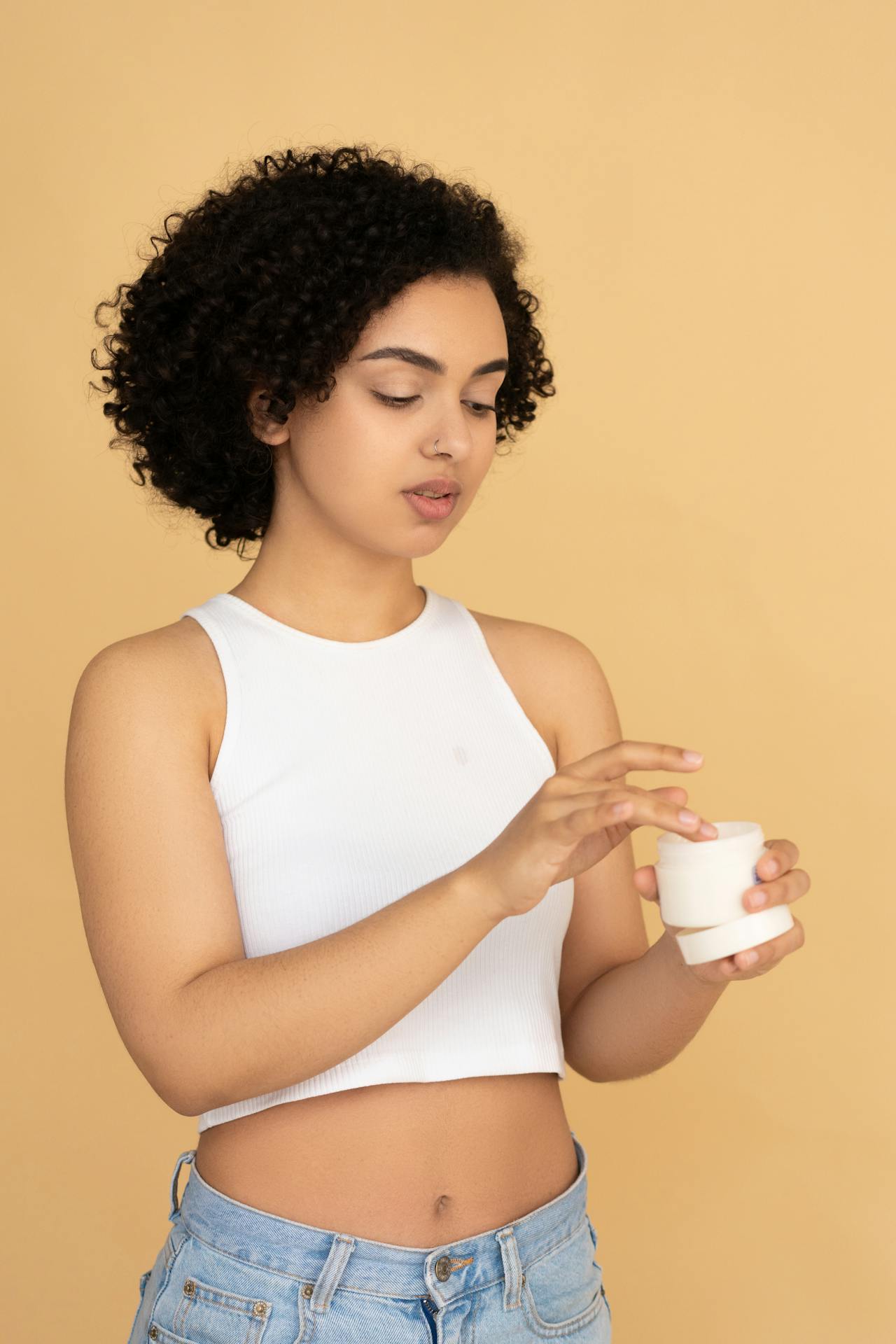 Photo by Mikhail Nilov on Pexels
Photo by Mikhail Nilov on Pexels
2. Beaded Exfoliants
Beaded exfoliants contain small sand-like pieces that scrub away dead skin cells. Although exfoliation is a necessary part of any successful skincare routine, it's not recommended to use these types of exfoliants as they are too harsh and irritating.
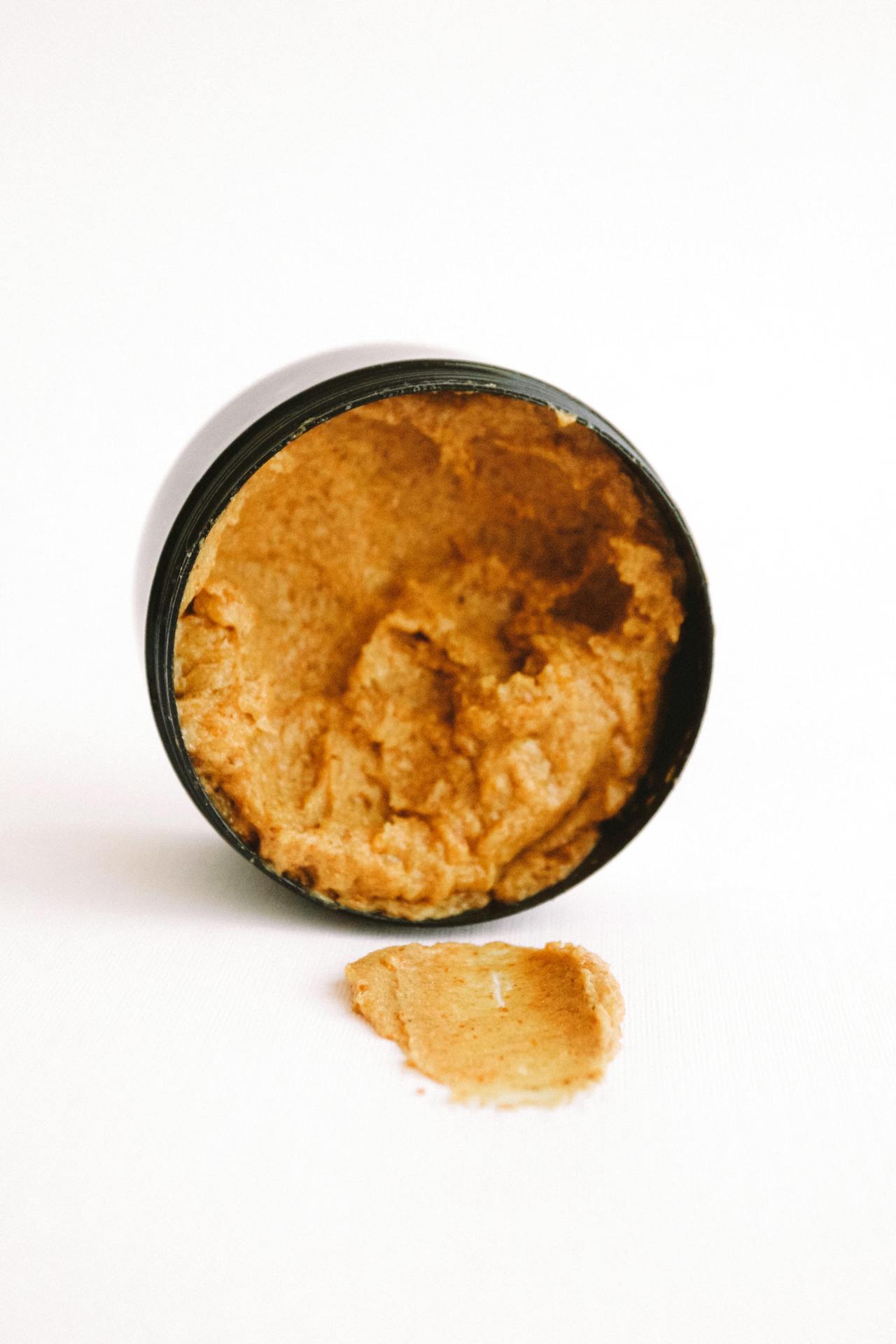 Photo by Anastasiia Lopushynska on Pexels
Photo by Anastasiia Lopushynska on Pexels
3. Wrinkle Fillers
If the idea of a product that instantly erases wrinkles makes you skeptical, you should be. While many of these creams work temporarily, the effects wear off quickly, leaving a dry residue on your face.
4. Cellulite Creams
These creams work by tightening the upper layer of skin which may reduce the appearance of cellulite impermanently, but they don't address the underlying issue which is the fat cells. Unfortunately, only a combination of exercise, diet, and treatments can reduce cellulite.
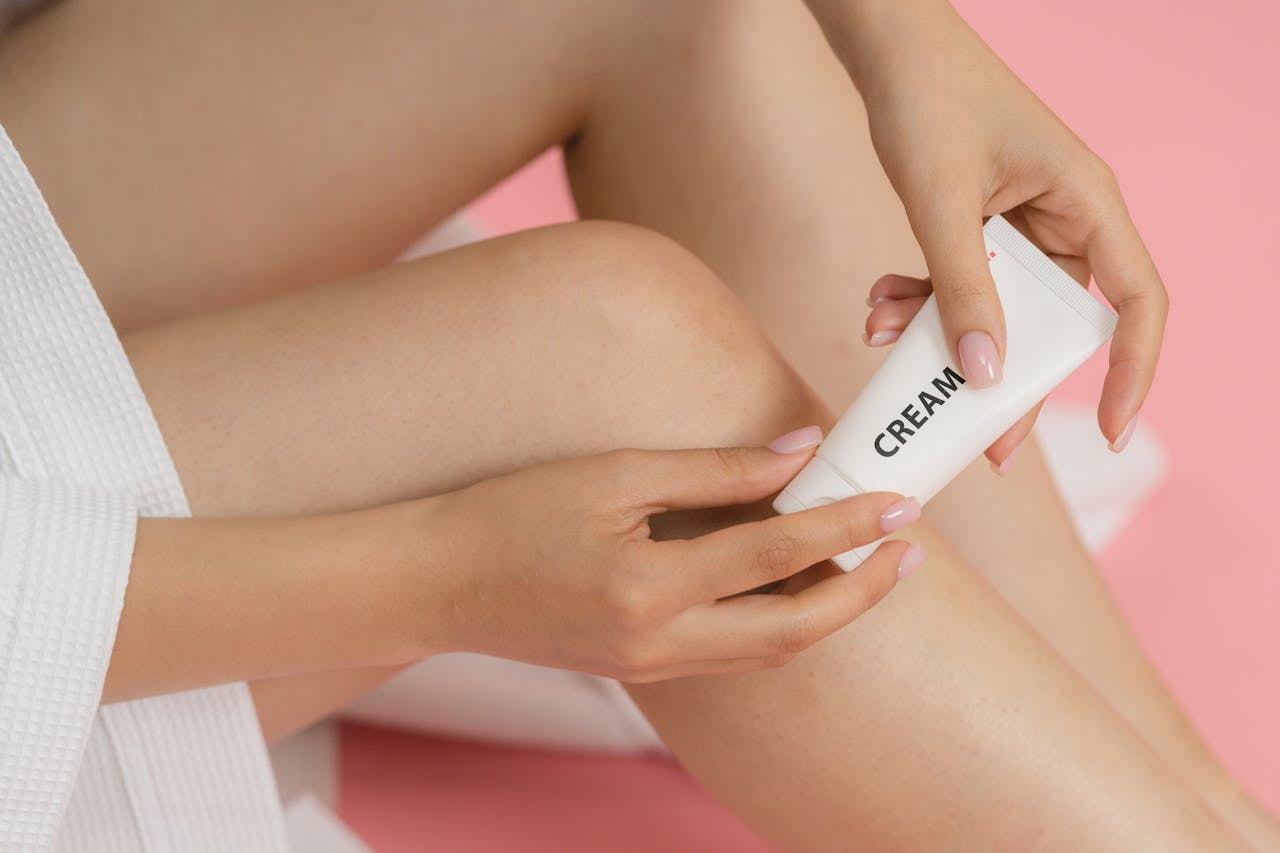 Photo by SHVETS production on Pexels
Photo by SHVETS production on Pexels
5. At-Home Red Light Therapy Devices
LED light treatment works to reduce lines by increasing collagen. NASA developed it to accelerate skin healing for astronauts in the 90s before it became a popular aesthetic treatment. However, at-home devices aren't nearly as effective as in-office treatments because the devices have much less powerful lights so you'd be better off booking a professional session.
6. Face Sheet Masks
You've probably seen those single-use sheet masks at your local pharmacy that make it seem like their ten minute "treatment" will result in perfect, porcelain doll skin. But while some types add hydration, they won't provide lasting benefits.
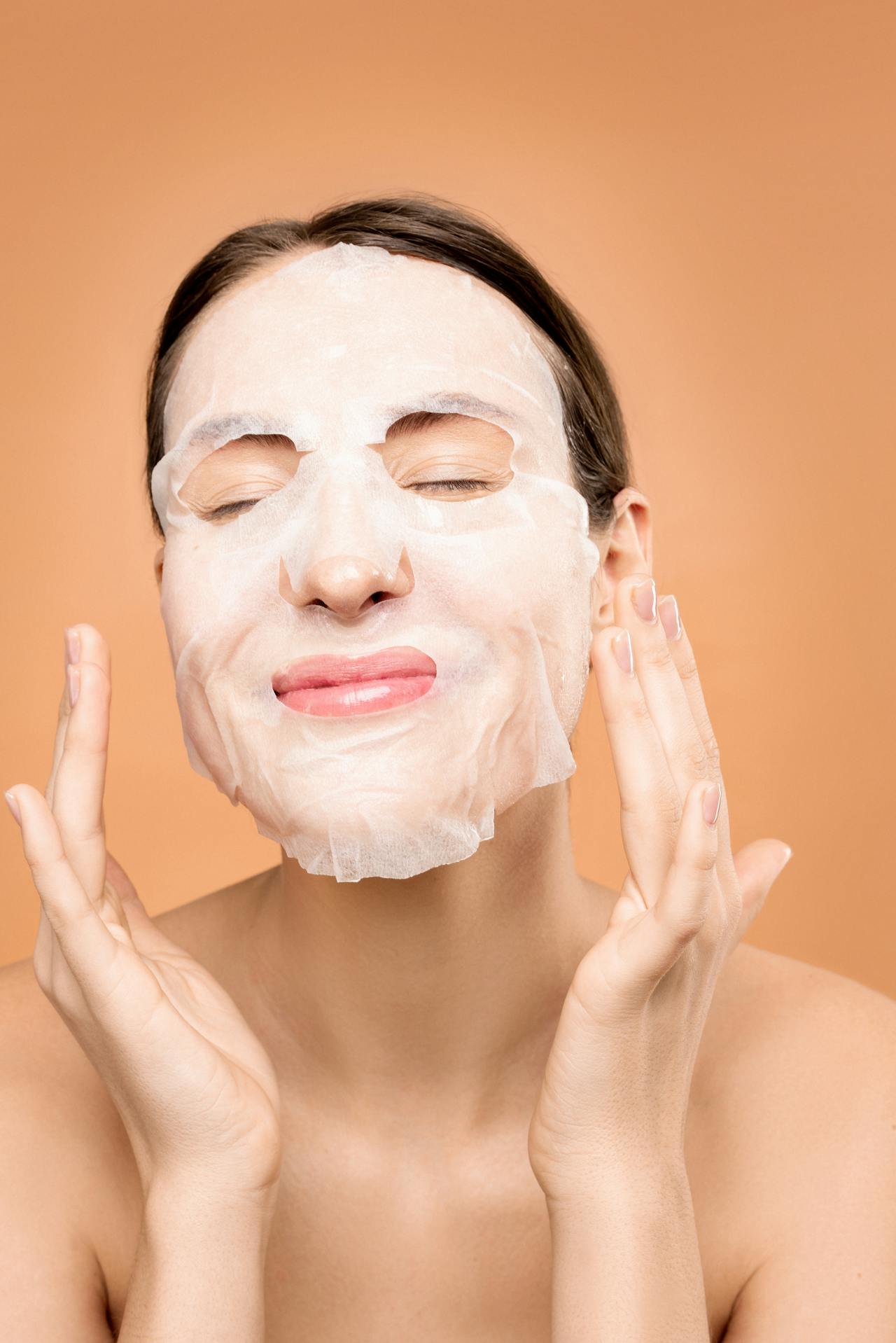 Photo by Shiny Diamond on Pexels
Photo by Shiny Diamond on Pexels
7. 24K Gold Creams & Serums
Another ingredient in skincare that has been all the rage in recent years is gold. While gold-infused products look fancy and have a high price tag, there is no scientific evidence backing up the claims that gold boosts collagen, or has any anti-aging benefits.
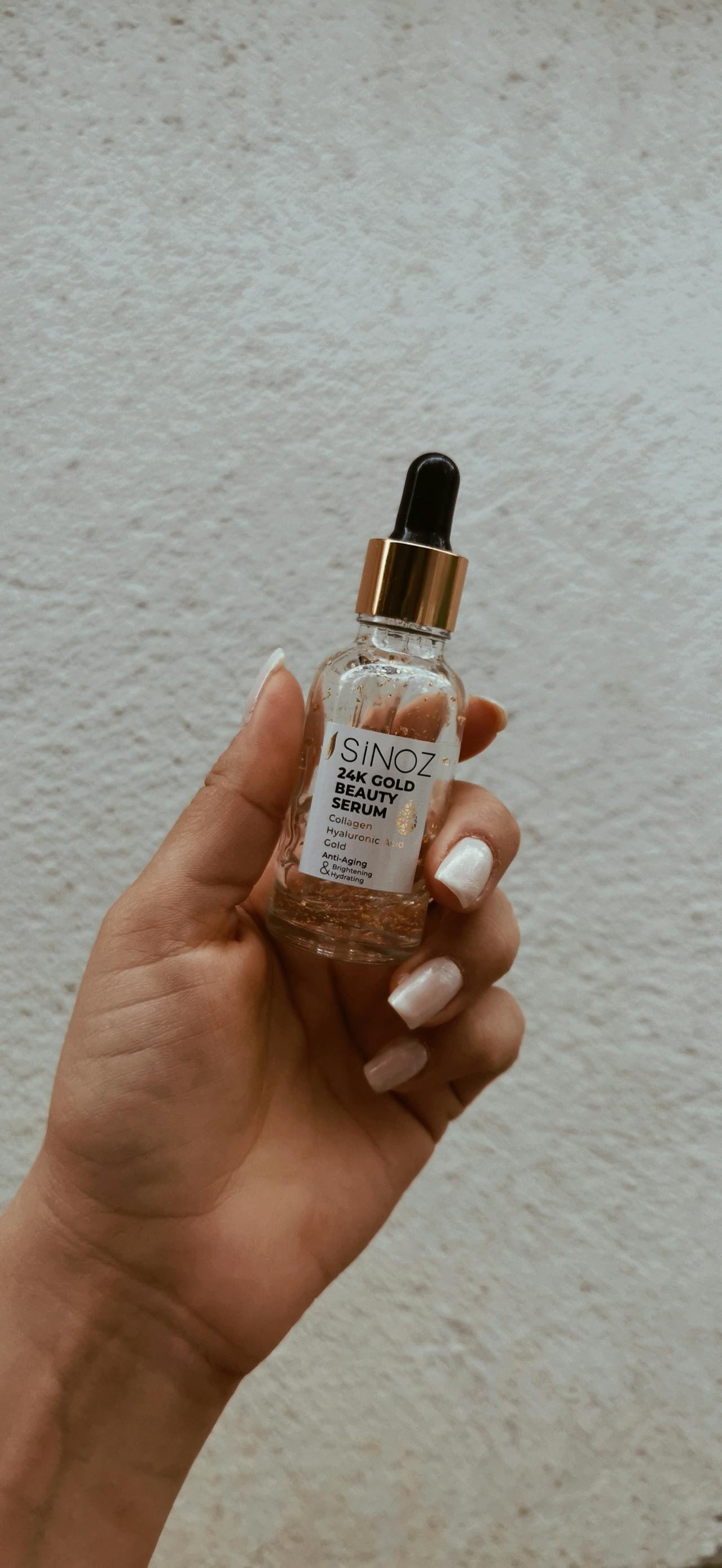 Photo by Kader D. Kahraman on Pexels
Photo by Kader D. Kahraman on Pexels
8. Oxygen-Infused Creams
The practice of using oxygen in anti-aging products comes from hyperbaric oxygen therapy which is used to treat wounds by encouraging cell turnover. There is no scientific research to backup claims that oxygen in skincare products has anti-aging properties.
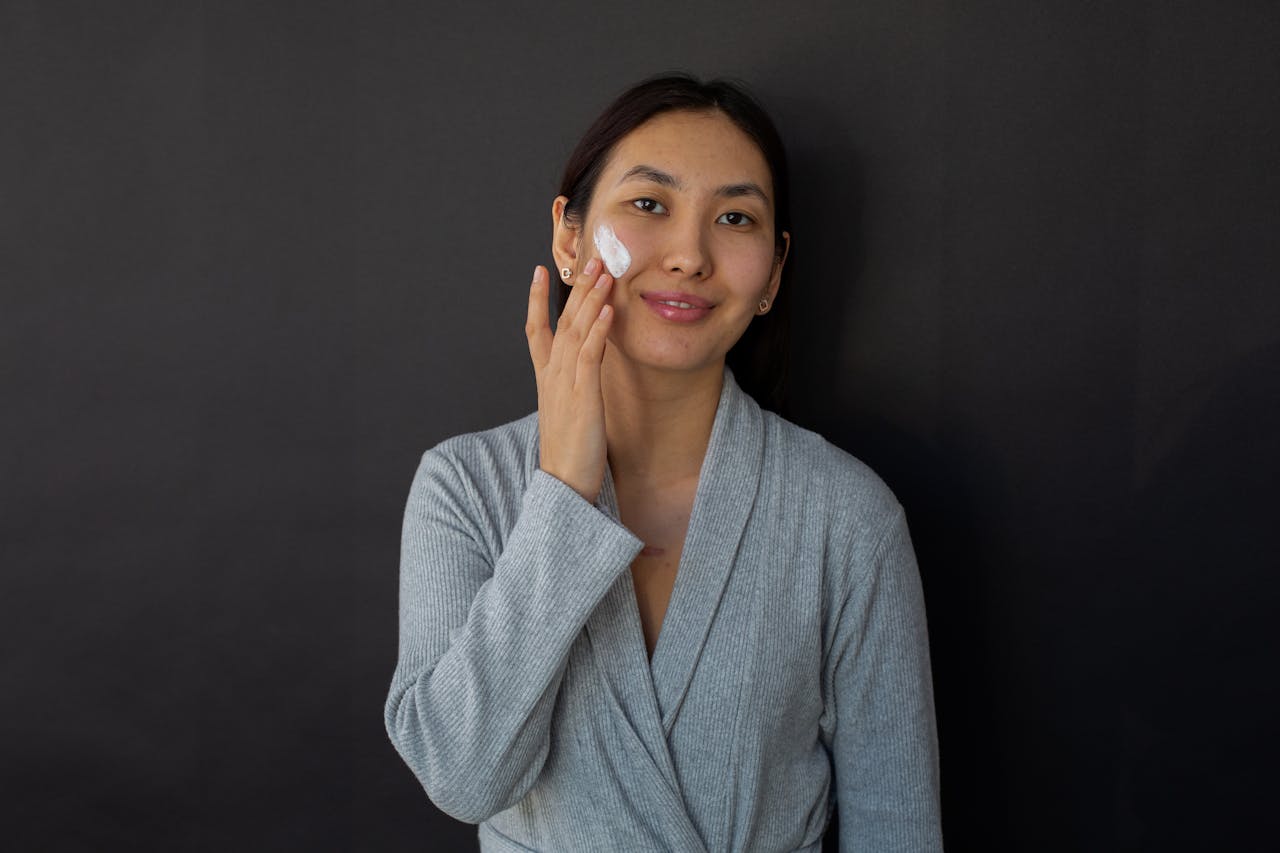 Photo by Monstera Production on Pexels
Photo by Monstera Production on Pexels
9. Home Microdermabrasion Kits
Microdermabrasion is the process of gently sanding away the top layer of skin. Although there is positive evidence to suggest professional microdermabrasion treatments have anti-aging effects, at-home kits simply don't have the same efficacy.
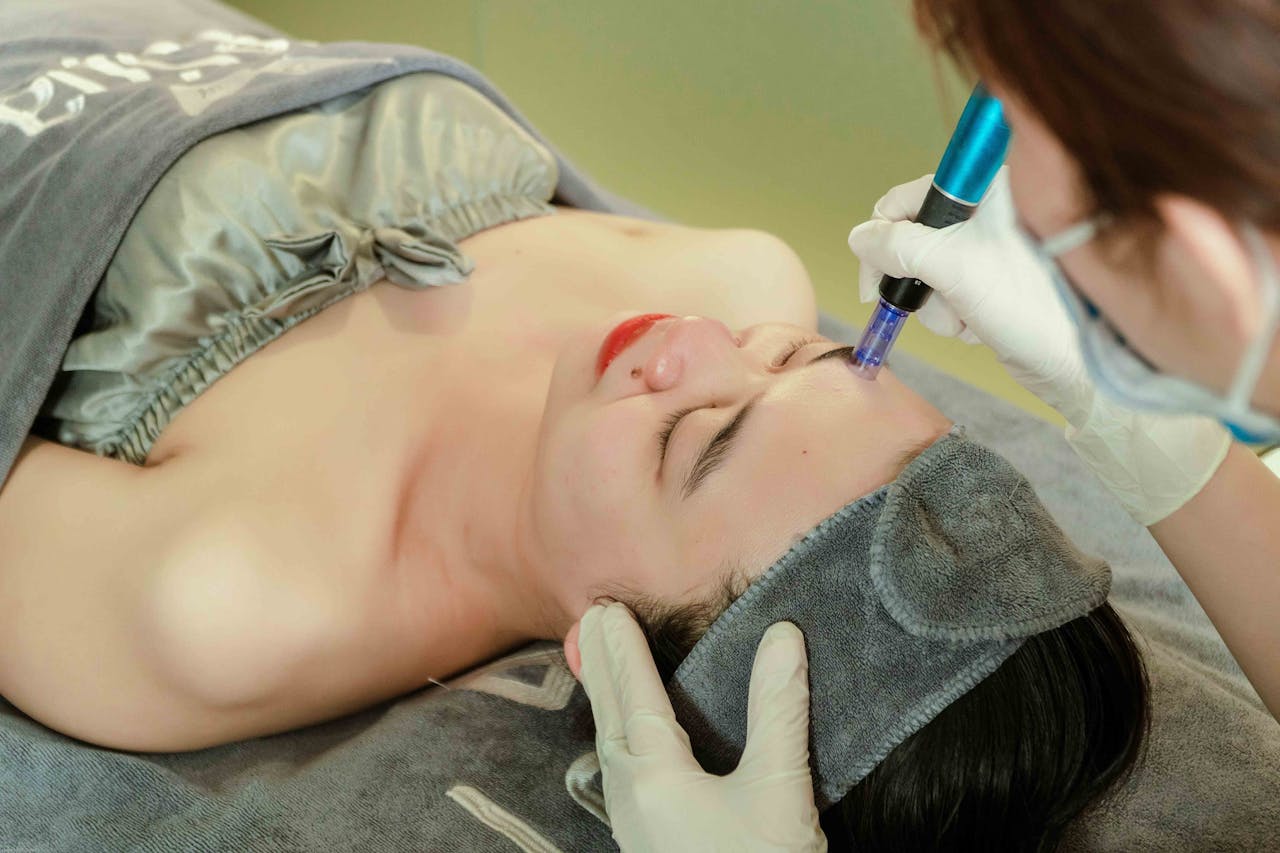 Photo by Lespa số 1 về điều trị mụn, nám, sẹo rỗ on Pexels
Photo by Lespa số 1 về điều trị mụn, nám, sẹo rỗ on Pexels
10. Neck & Décolleté Cream
If you're a woman of a certain age, you're probably familiar with the crepey skin that starts forming on your neck. Neck and décolleté creams and serums are designed to combat this but unfortunately, they're usually no more effective than regular moisturizers and are very overpriced.
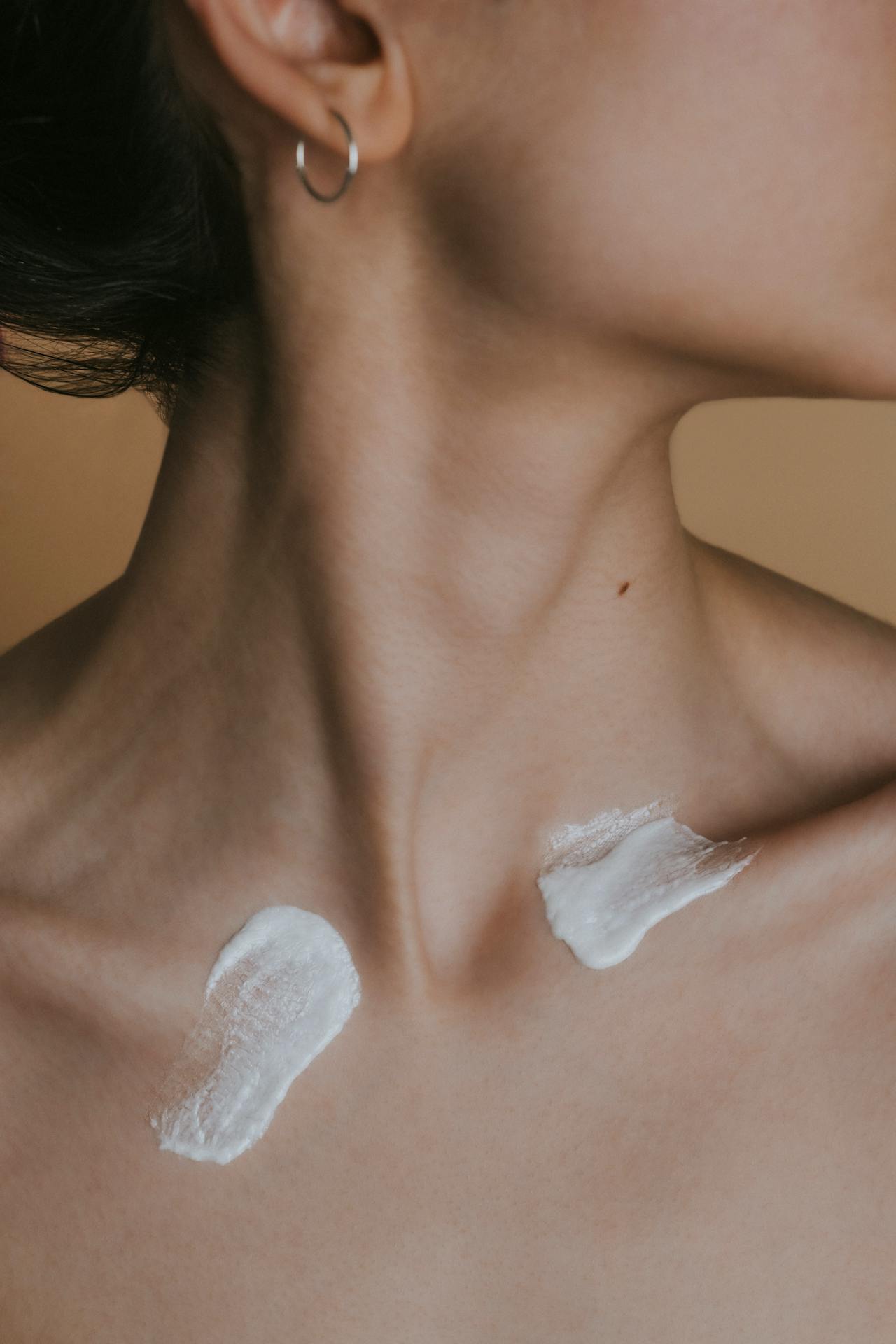 Photo by Feyza Yıldırım on Pexels
Photo by Feyza Yıldırım on Pexels
Now that we've covered the products you shouldn't waste your money on, let's go over the ones that are worth every penny.
1. Retinol
Retinol is the most used and most studied anti-aging compound. It increases the production of collagen and encourages the creation of new blood vessels which work together to reduce the appearance of fine lines and even out skin tone.
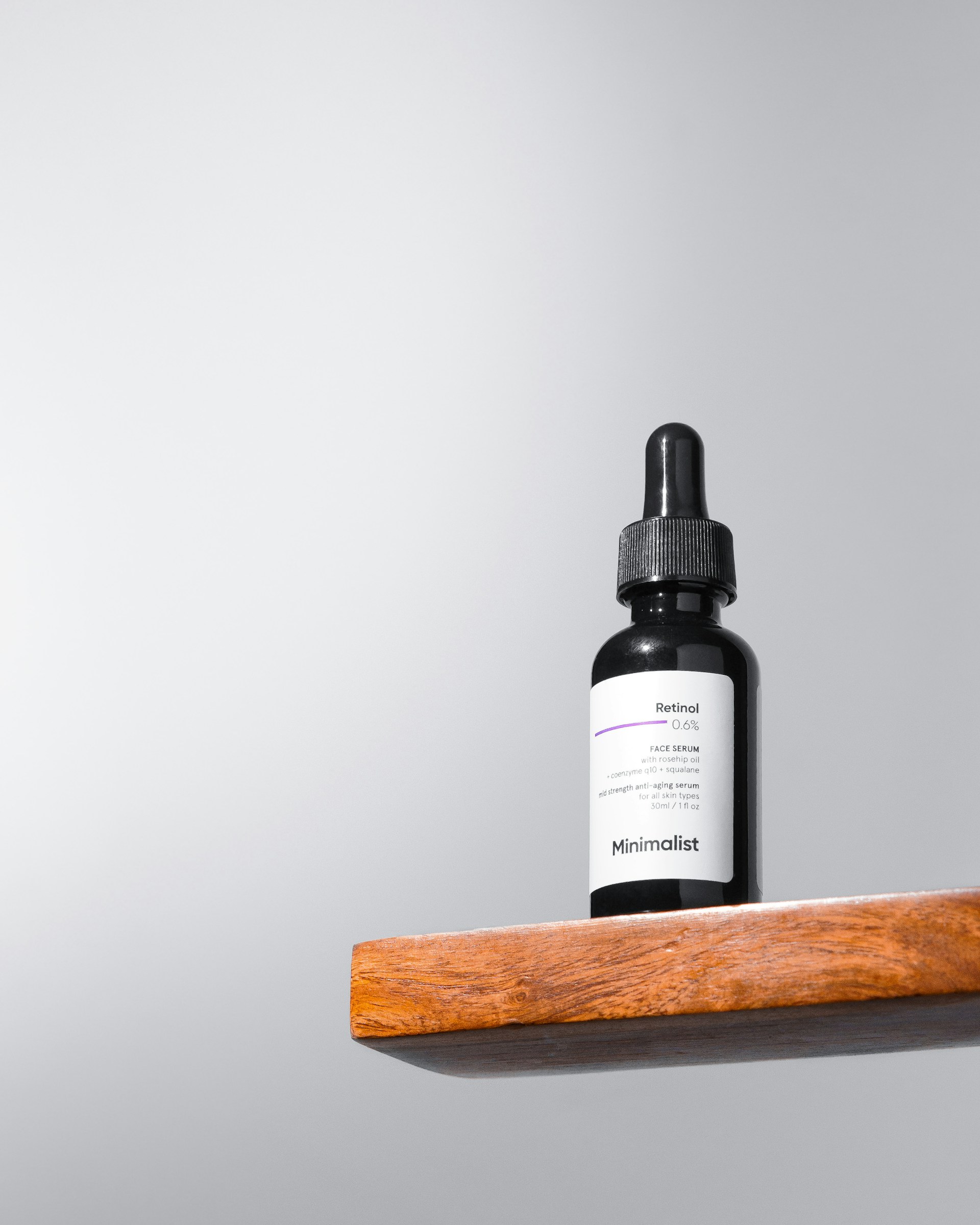 Photo by Sayan Majhi on Unsplash
Photo by Sayan Majhi on Unsplash
2. Collagen Supplements
Studies have shown collagen supplementation to be effective in reducing wrinkles, improving skin elasticity, and hydration. Collagen supplements work by replacing some of the collagen we lose each year as we age (1.5 percent annually starting at 25).
3. Sunscreen
There are endless theories and routines surrounding skincare, but one thing they all have in common is sunscreen. UV damage is the number one cause of premature skin aging so make sure you're lathering it on every day.
 Photo by Mikhail Nilov on Pexels
Photo by Mikhail Nilov on Pexels
4. Topical Vitamin C
Vitamin C is a powerful antioxidant that helps reduce harmful free radicals in your body and promotes collagen. Some products infused with vitamin C have molecular weights that are too heavy for your skin to absorb so make sure to choose a serum or cream that includes L-ascorbic acid: a form that can penetrate the skin.
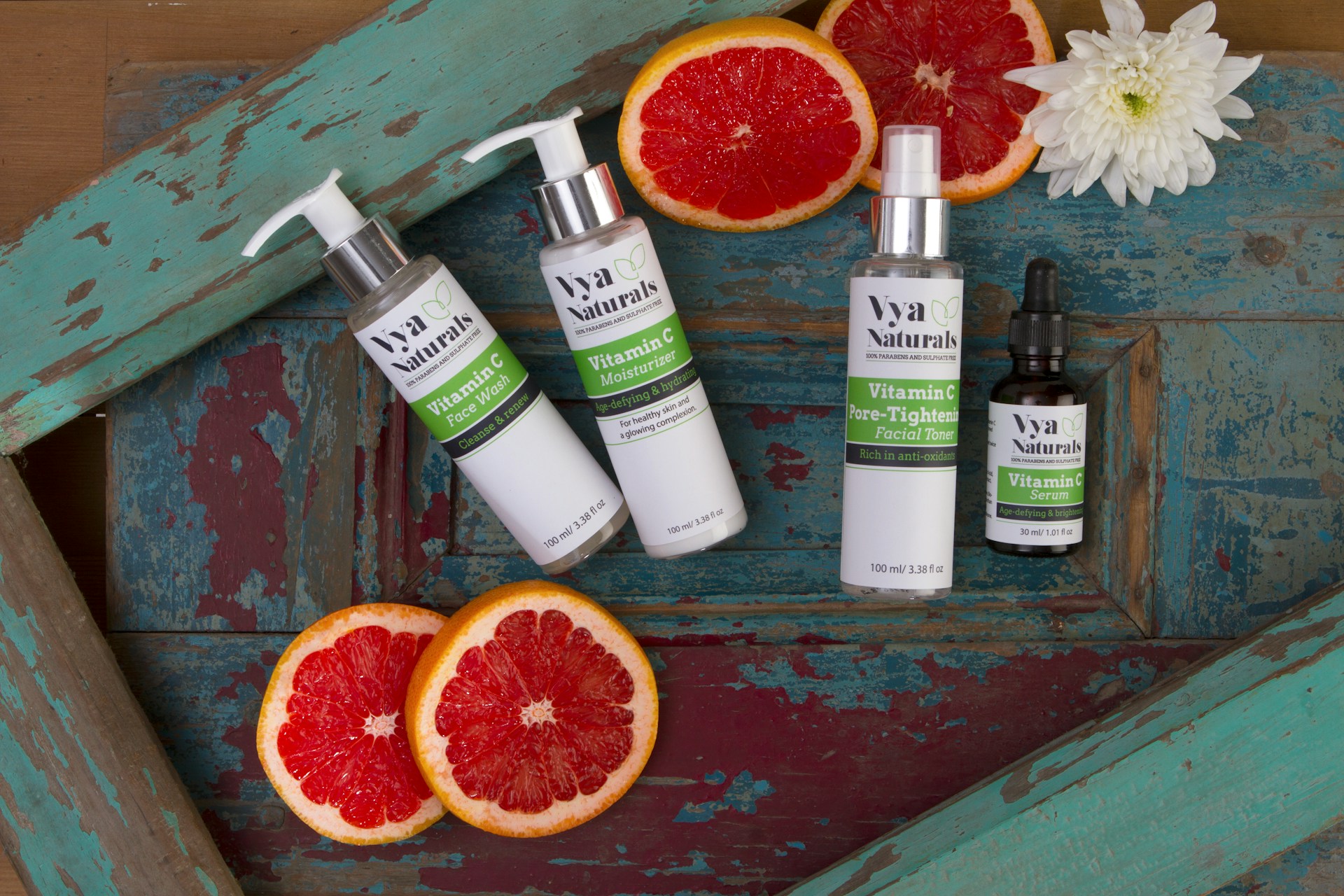 Photo by Vya Naturals on Unsplash
Photo by Vya Naturals on Unsplash
5. Hyaluronic Acid
Hyaluronic acid is a slippery goo that's produced naturally in your body as a lubricant for joints and eyes. It has been proven to increase skin elasticity and hydration by drawing in moisture.
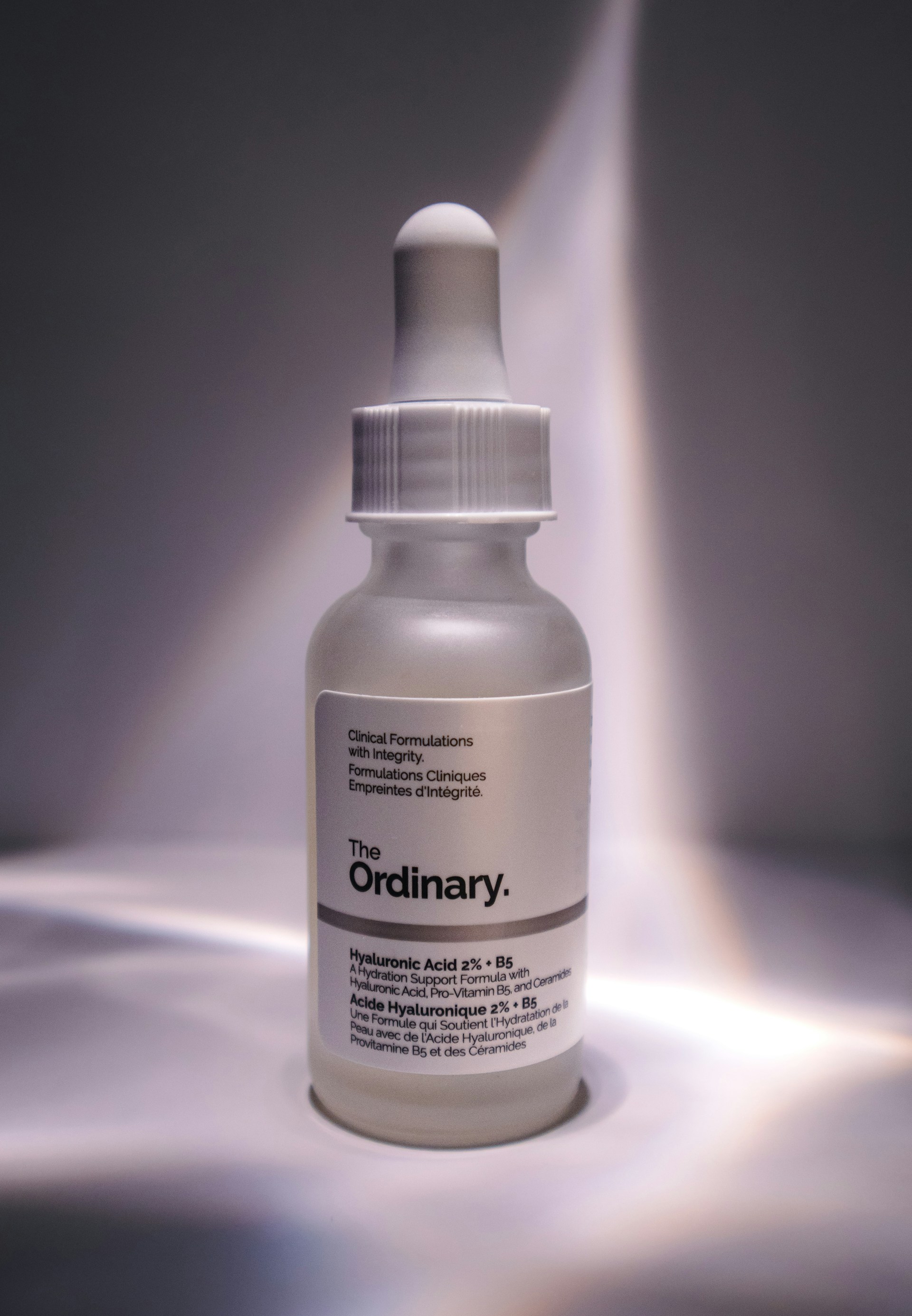 Photo by Isaac Wolff on Unsplash
Photo by Isaac Wolff on Unsplash
6. AHAs
Alpha Hydroxy Acids or AHAs are a much more effective alternative to beaded exfoliants, especially for sensitive skin. In addition to gently scrubbing away dead cells and rejuvinating skin, AHAs attract and lock in moisture and smooth fine lines.
7. Peptides
Peptides are chains of amino acids that, studies have shown, encourage collagen and elastin production, increasing skin firmness and elasticity. They're optimized as part of a routine alongside hyaluronic acid and retinol but keep in mind results take time.
 Photo by Shiny Diamond on Pexels
Photo by Shiny Diamond on Pexels
8. Squalane
Squalane is an oily substance found naturally in plants and humans. It's absorbed quickly into the skin without leaving a residue so it's a popular ingredient in moisturizers, lip balms, and sunscreens. Studies have shown it to improve skin hydration and plumpness.
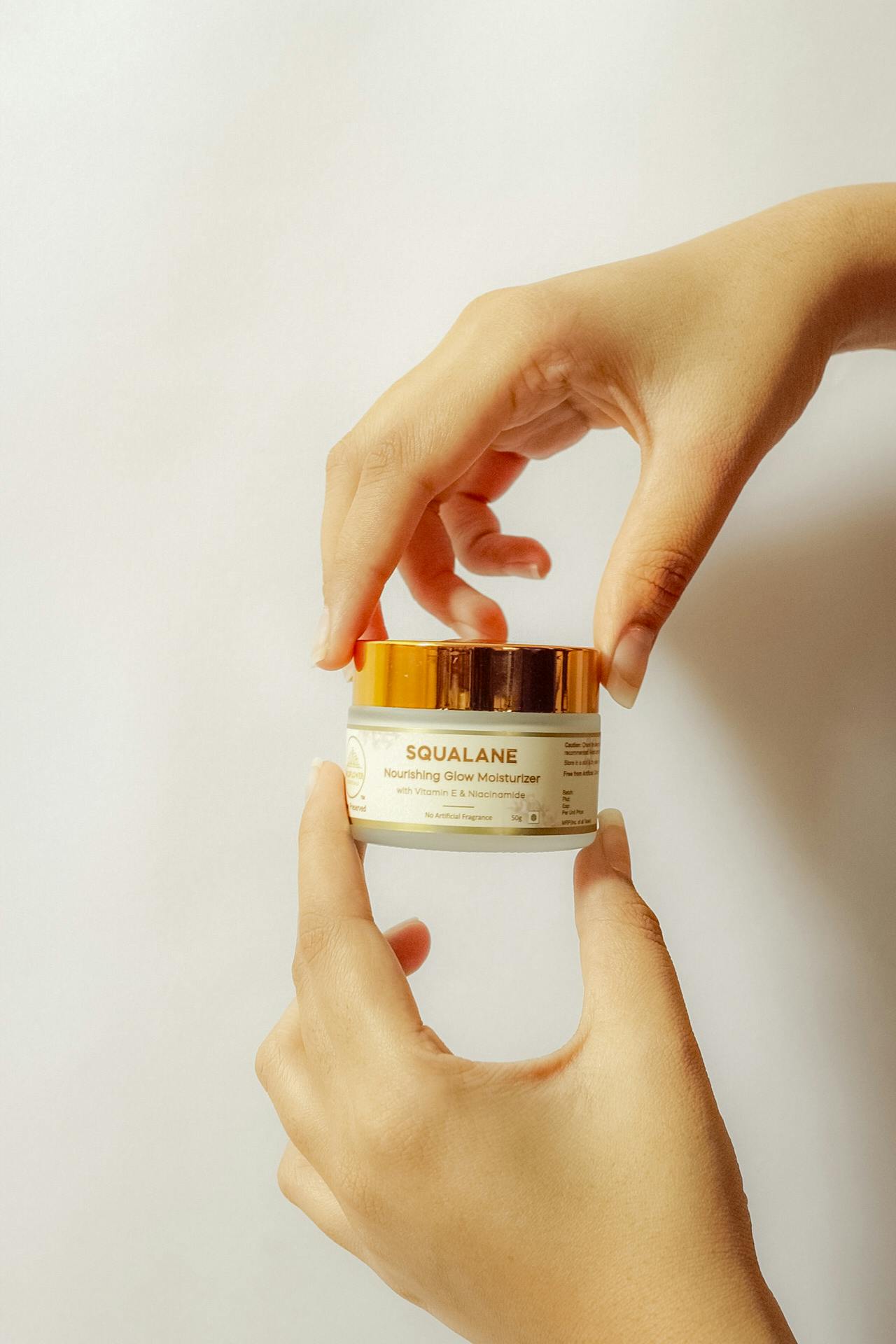 Photo by Vandana Vankhede on Pexels
Photo by Vandana Vankhede on Pexels
9. Coenzyme Q10
Coenzyme Q10 or CoQ10 is an antioxidant found naturally in every cell of the body. It has been shown to stimulate collagen and elastin production, reduce sun damage, and energize skin cells. A pillar of Japanese beauty for decades, it only recently came to be known in the west but it's making a big splash.
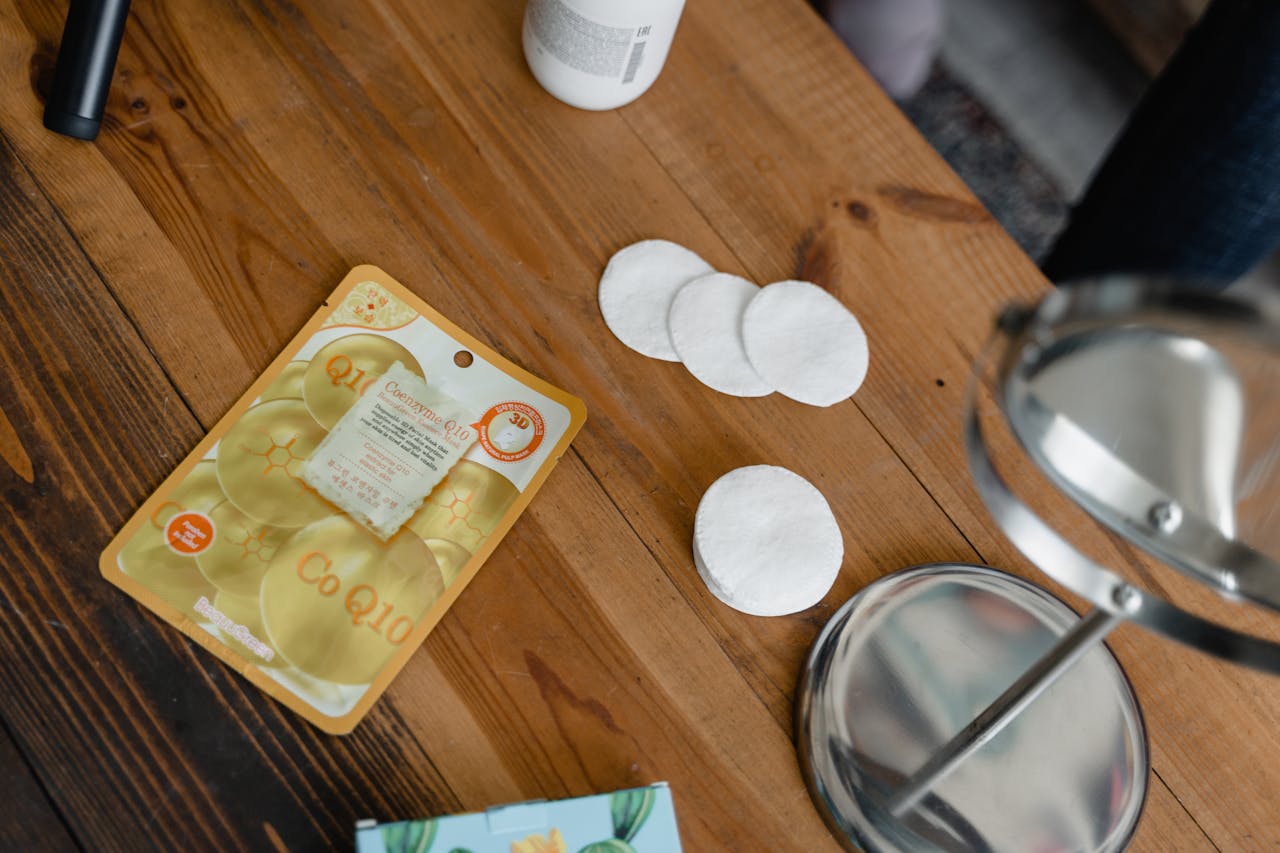 Photo by Tima Miroshnichenko on Pexels
Photo by Tima Miroshnichenko on Pexels
10. Growth Factors
Growth factors are proteins that aid in wound healing. Studies have shown them to also be effective in boosting collagen synthesis. They're an effective alternative to retinol for anyone who's sensitive to it.


